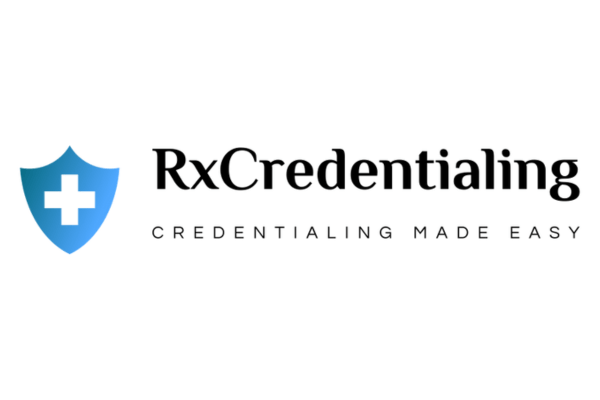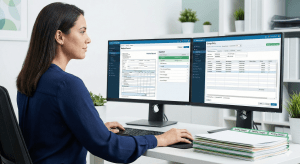Practice Management Series | Updated for 2026 Standards
The Executive Summary
Remote Patient Care (RPC) is no longer just “video calls.” In 2026, it is a data-driven ecosystem involving continuous monitoring, AI-assisted diagnostics, and asynchronous communication. For providers, mastering RPC is the key to reducing burnout and unlocking new revenue streams through RPM billing.
Remote patient care has explosively redefined healthcare delivery. It allows patients to receive expert medical advice and ongoing treatment from the comfort of their homes. By harnessing telecommunication technologies and sophisticated remote monitoring devices, healthcare providers are dismantling geographical barriers.
This guide serves as a roadmap for providers looking to optimize their virtual care services. Whether you are starting a telemedicine practice or integrating RPM into an existing clinic, the principles of compliance and workflow remain the same.
1. Understanding the Landscape
RPC is a broad term. To bill correctly, you must understand the distinctions:
- Telehealth: Real-time audio/video visits (e.g., Zoom for Healthcare).
- Remote Patient Monitoring (RPM): The collection of physiological data (BP, Glucose, Weight) transmitted digitally for review.
- Store-and-Forward: Sending images or data for asynchronous review (common in Dermatology and Radiology).
The Transformative Advantages
Access & Equity
RPC breaks down barriers for rural patients. A JMIR study found remote care significantly reduces hospital readmissions by enabling early intervention.
Revenue Growth
RPM codes (99453, 99454, 99457) allow providers to bill for the setup and monthly monitoring of devices, creating a recurring revenue stream.
Efficiency
Virtual visits reduce the “rooming” time required by staff. This efficiency is critical for high-volume specialties like Internal Medicine.
Core Pillars of Excellence
1. Ironclad Privacy (HIPAA)
Security is non-negotiable. You must use platforms that offer end-to-end encryption and sign a Business Associate Agreement (BAA). Ensure your staff understands the compliance paperwork required for digital tools.
2. Leveraging RPM Technology
RPM allows you to track chronic conditions in near real-time. Common devices include:
- Bluetooth Blood Pressure Cuffs
- Continuous Glucose Monitors (CGMs)
- Pulse Oximeters
Ensure these devices integrate with your EHR System to avoid data silos.
3. Training & “Webside Manner”
Providers must be trained to convey empathy through a screen. Maintain eye contact with the camera (not the screen) and ensure high-quality audio.
Get Credentialed for Telehealth
Most insurance panels require separate verification for Telemedicine. Don’t get denied.
Implementation Roadmap
Integrating RPC requires a structured approach to avoid operational chaos.
- Assessment: Determine which patient populations (e.g., Heart Failure, Diabetes) benefit most from remote care.
- Credentialing: Begin the insurance credentialing process specifically for telehealth. Some payers require a “virtual” location to be registered.
- Training: Train staff on the new workflow.
- Billing Setup: Update your chargemaster with CPT codes 99453 (Setup), 99454 (Device Supply), and 99457 (Monitoring).
- Pilot: Launch with a small group of 10-20 patients to iron out technical glitches.
Frequently Asked Questions
Is remote care as effective as in-person?
For chronic management and follow-ups, yes. Studies show it increases patient adherence. However, acute physical exams still require in-person visits.
What technology do I need?
You need a HIPAA-compliant video platform (e.g., Doxy.me, Zoom Health), an EHR with patient portal capabilities, and FDA-cleared RPM devices if you plan to monitor vitals.
How is privacy protected?
Through end-to-end encryption, strict access controls, and business associate agreements (BAAs) with all technology vendors. Visit the HHS HIPAA site for official guidelines.
Do I need special credentialing?
Yes. Many payers require you to attest to telemedicine capabilities. Furthermore, if you practice across state lines, you must be licensed in the state where the patient is located. See our CAQH guide for help.
About the Author: Adam Blake
Adam has helped hundreds of healthcare providers start, grow, and sustain medical practices with his 15 years of extensive experience in the field. He specializes in telehealth compliance, RPM billing, and practice optimization.





